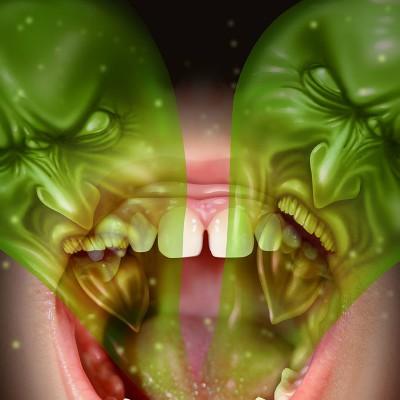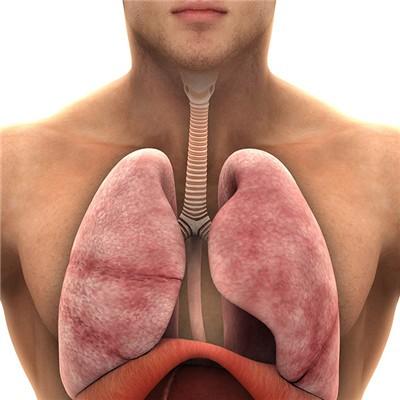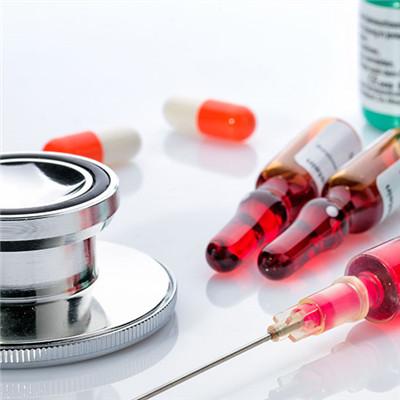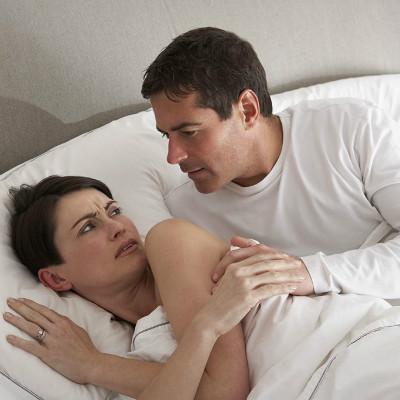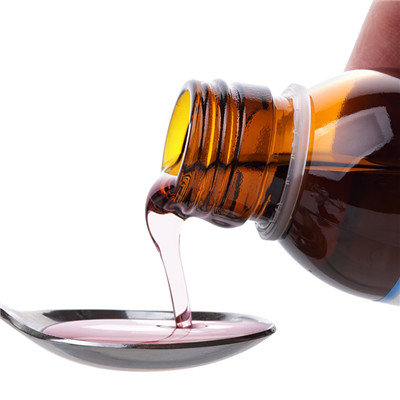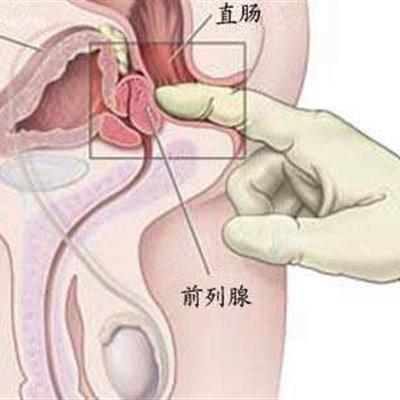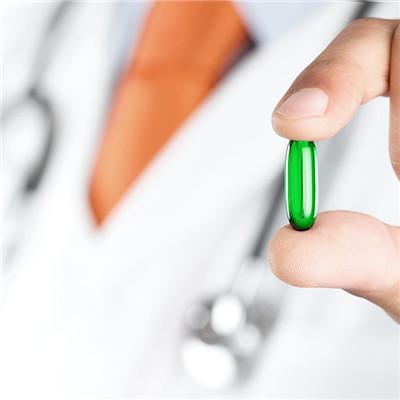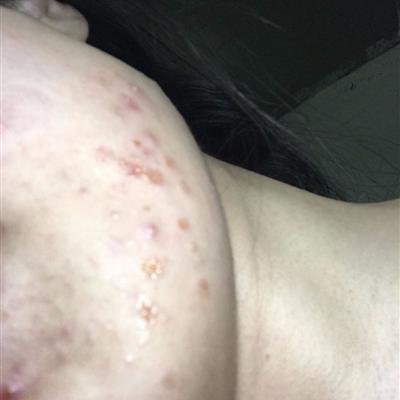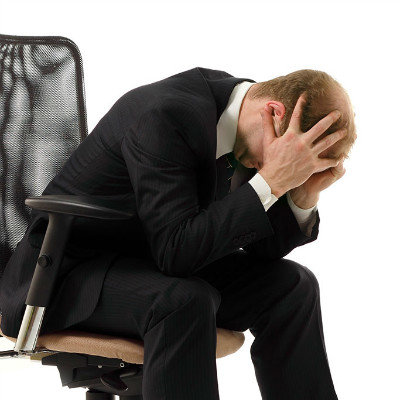Where can Parkinson's disease be treated
summary
Parkinson's disease is also very common. Some old people are sick, but we don't find it. In fact, if old people's hands are shaking, it may be Parkinson's disease. Granny Li next door is a patient with Parkinson's disease. Let's talk about where to treat Parkinson's disease!
Where can Parkinson's disease be treated
First of all: if you want to treat Parkinson's disease, it's better to go to the third class a hospital. At present, Parkinson's disease can't be completely cured, and there is no so-called special drug. The common therapeutic drugs are levodopa preparations and dopamine receptor agonists. At present, only drug therapy plus surgery plus psychological education plus rehabilitation training can be used to control the disease and improve the symptoms.
Second: Parkinson's disease, it is best to go to a professional hospital for treatment, Parkinson's disease in the choice of drugs should pay attention to avoid the following drugs and food: ban vitamin B6 (reduce the efficacy), ban gastrointestinal motility drugs (reduce the absorption rate), glaucoma patients with careful use of dobutamine (pay attention to the changes in intraocular pressure), three meals less protein food (reduce its efficacy).
Finally: in the treatment of Parkinson's disease at the same time, we should pay attention to the psychological rehabilitation treatment of patients, the most common performance is depression, and some performance for anxiety or emotional apathy, to the middle and late stage may appear mental hyperactivity, even hallucinations. If there are mental symptoms, antipsychotic drugs should not be added immediately, but should be reduced or stopped.
matters needing attention
Parkinson's disease needs lifelong treatment, the possibility of cure is very small, can only take medicine to control the disease, but also phased treatment, different stages with different drugs, different people with different drugs. To grasp the general principle is to "flow slowly, not to seek full effect".


